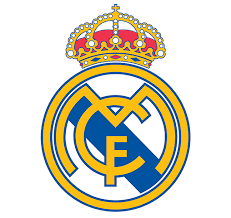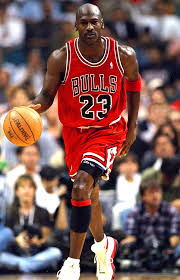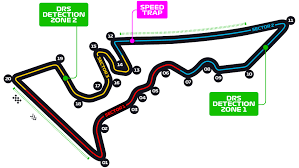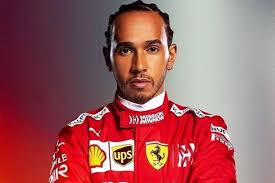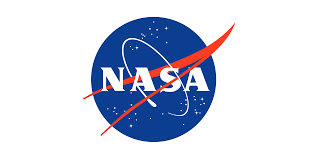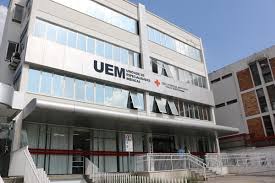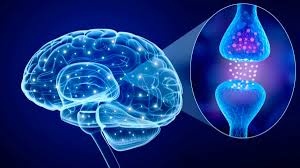The Real Madrid Blueprint: 4 Pillars of Dominance
news
It is a script we have all seen, yet it retains the power to shock. It is the 60th minute of a Champions League final. Real Madrid is on the ropes, their opponent—this time, Borussia Dortmund—is faster, sharper, and creating all the chances. The German wall is loud, the yellow shirts are a blur, and […]
Top Topics
